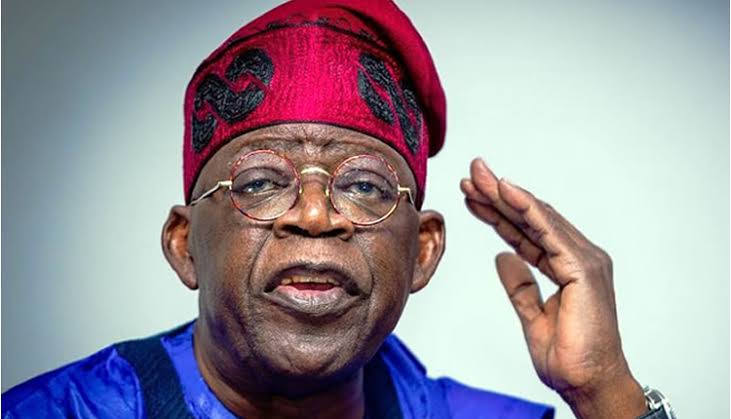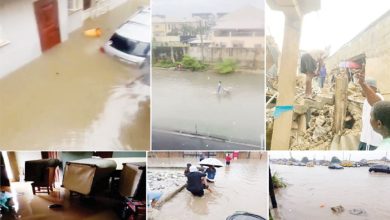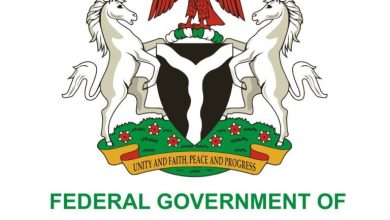Fuel Subsidy Removal’s Impact Tough on Nigerians, Says Tinubu

President Bola Tinubu, yesterday, acknowledged that the impact of the removal of fuel subsidy was very tough on Nigerians, and has affected every sector of the economy, including education, but assured that the future remained bright.
Tinubu, reiterated this at the University of Lagos, UNILAG, while he spoke at the 54th convocation ceremony of the university.
The president spoke as Catholic Bishops of the Owerri Ecclesiastical Province lamented that the removal of petroleum subsidy, current naira scarcity and declining value of the nation’s currency, had raised the cost of living, created dismay and panic among the citizenry.
The Bishops also urged improved security and kicked against the blessing of homosexual or same-sex marriages.
This is even as the Chariah Council yesterday tasked the President to expedite action to cushion the hard economic decisions made by his government, in addition to tackling insecurity headlong.
Tinubu, who was represented by the Minister of Education, Prof. Tahir Mamman, SAN, said the impact could be seen in the high cost of living that has affected parents, guardians, students and other Nigerians.
We took some life-changing decisions including the removal of fuel subsidy and single exchange rate of the naira. There is no doubt that the actions have led to Nigerians, including parents, guardians and even students experiencing some discomfort. The decisions affected the education sector with parents paying more for education among others.
I can assure you that the pains will soon be over and that the future is bright. For the education sector, we are assuring you that no Nigerian child will drop out of school. It is in view of that we brought back the School Feeding Programme and also introduced the Student Loan Scheme. The loan is repayable two years after a beneficiary has completed the mandatory one year National Youth Service Corps Scheme, NYSC.
We are also not taking higher education for granted and that is why we recently took some decisions like removing higher institutions from the Integrated Personnel and Payroll Information System, IPPIS. We are also on the agenda of autonomy for universities.






